Amir Conference 2024: Hezbut Tawheed's Proposal for State Reform
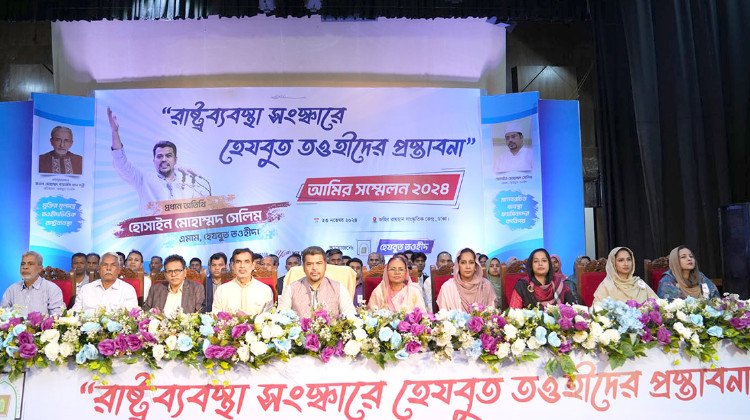
Imam Hossain Mohammad Salim, the supreme leader of Hezbut Tawheed, stated that the Quran should be the fundamental guiding principle for state reform, as human-made laws and systems are inherently flawed. He emphasized that reforming these imperfect systems would be futile, as it would fail to eliminate discrimination or establish true justice, equality, and peace. His remarks were delivered as the chief guest at the Amir Conference of Hezbut Tawheed, held on Saturday, November 23, at 9:00 AM, at the Zahir Raihan Cultural Center in Gandaria, Jatrabari, Dhaka.
At the event, Hossain Mohammad Salim presented a detailed framework for state reform rooted in Islam, using Allah’s laws as the standard and the system established by the Messenger of Allah Muhammad (PBUH) as the model. He proposed comprehensive reforms across various sectors of modern Bangladesh's governance, covering areas such as the structure of government, the role of the head of state and the chain of command, administrative framework, political parties, judiciary, education system, military, law enforcement, economy, treatment of people of different faiths, women's rights, the accountability of rulers, foreign policy, environmental restoration, agricultural system, and transportation system.
Earlier, he remarked that since Bangladesh's independence, various forms of government have been established and numerous reforms have been undertaken in the country's political landscape. However, the aspirations and expectations of the people have not been fulfilled. Following student and public uprisings that led to government overthrows, proposals for interim government-led state reforms have emerged from multiple angles. Among the general populace, there is also a growing awareness and desire to establish a state system free from inequality, injustice, corruption, and unethical politics.
He further stated that the peace and order of a state depend on the system, rules, and regulations adopted within it. If the system is flawed, peace will never prevail. Therefore, what is required is a flawless system, which cannot be created by humans. Only the divine system of life and governance given by Allah, the system of Islam, can establish justice, equality, and fairness, thereby creating a society that is free from discrimination, communalism, and unrest, he commented.
Hossain Mohammad Salim emphasized that if we genuinely seek peace, we must acknowledge that in matters of sovereignty and final decisions, we can accept no authority or law other than that of Allah. Rejecting this principle is another issue, but in order to live in true peace, there is no alternative to Allah's Tawheed and sovereignty.
The event was honored by the presence of distinguished guests, including Central Coordinator Nizam Uddin, Chief Advisor Khadija Khatun, Hezbut Tawheed's Spokesperson and International Publicity Secretary Moshiur Rahman, Women's Affairs Secretary Rufaida Ponni, Information Secretary S.M. Samsul Huda, and Literature Secretary Riyadul Hasan, along with central leaders and Amirs from all levels of Hezbut Tawheed.
During the program, Hossain Mohammad Salim, the Imam of Hezbut Tawheed, presented Islam, the divine system ordained by Allah, as the solution to create a society free from inequality, injustice, corruption, unethical politics, and oppression, while promoting justice, fairness, and peace. He proposed a comprehensive framework for governance, economy, judiciary, education, healthcare, labor, and transportation systems, all guided by Allah’s commands and the principles of Messenger of Allah Muhammad (PBUH). The foundation of this proposal emphasized the prioritization of Allah's commands in all aspects of society. The event was presided over by Dr. Mahbub Alam Mahfuz, the Dhaka Amir of Hezbut Tawheed, and moderated by Executive Member Mokhlesur Rahman Sumon.
The summary of the main proposal is presented for the readers:
Governance System:
The proposal calls for replacing the colonial-era authoritarian governance system with one rooted in the commands of Allah, ensuring accountability to Him and founded on Taqwa (piety). In this system, the Imam or leader will hold the highest executive authority, similar to that of a President or Prime Minister, and will ensure justice in alignment with Allah’s guidelines.
Role of the Imam:
· The Imam will uphold justice for all, regardless of religion, race, gender, political affiliation, or social standing.
· He will avoid nepotism or partiality in his actions.
· The Imam will provide leadership in both spiritual and worldly matters and remain accountable to Allah.
· He will appoint representatives or Amirs at various levels to assist in carrying out his responsibilities.
Mosque-Centric Governance System: Mosques will serve as the central hub of governance. Amirs will lead prayers, settle disputes, deliver sermons, and provide leadership to their communities. Administrative, economic, moral education and training, law enforcement, and military activities will all be mosque-centered. Women will have equal opportunities to participate in these activities.
Head of State and Chain of Command: The chain of command is described as the backbone of a nation, ensuring discipline and structure. The Imam or President, as the highest authority, will operate within the limits set by Allah’s commands. He will neither be above the law like a monarch nor act arbitrarily like a dictator. The Imam will symbolize justice and fairness, serving as the ultimate hope for the nation.
Accountability: The Imam will remain accountable to Allah for his responsibilities and also answerable to the people. His representatives (Amirs) will manage local governance effectively under his authority.
Administrative Structure:
For the execution of state functions, there will be various administrative departments under the Imam. The most qualified, educated, trustworthy, honest, humble, courteous, courageous, and pious individuals, who have proven their worth through their adherence to the standards of piety, will be assigned responsibilities in various ministries or departments. There will be no opportunity for bribery or corruption, as any involvement in corruption will result in exemplary punishment according to Allah’s law. No one will be given any leniency based on their social status. The second reason for this is the principle of Taqwa (piety) as the core spirit or consciousness of personal integrity in the religion given by Allah. The entire nation will be grounded in the belief that whatever Allah has made lawful, we will also make lawful, and whatever Allah has made forbidden, we will also make forbidden. As a result, every individual will take a stand against corruption, believing that Allah is always present, seeing and hearing everything. Therefore, even if corruption or crimes are committed in secrecy, their consequences will still be faced in the afterlife. One may deceive others, but cannot deceive Allah. Thus, the fear of both Shariah punishment and accountability before Allah will keep individuals honest.
Hence, the ruler will always remain accountable to the Almighty Lord. This ensures that no ruler can ever become a tyrant or arrogant dictator. They will be bound to follow the governance principles outlined in the Qur'an.
Political Parties:
If a modern and peaceful state system is to be established, political parties formed on various ideologies cannot be given a free license to do whatever they wish. The right to political participation must not harm the nation. Our political parties may be pro-India, anti-India, secular, left-wing, or religiously based, but there is no place in an Islamic state system for the formation of parties based on diverse ideologies and managing the state based on differing beliefs. Messenger of Allah Muhammad (PBUH) and his companions never formed political parties based on different ideologies. Instead, through the Constitution of Medina, they united eight tribes of Muslims, including Aws, Khazraj, and three Jewish tribes—Banu Quraiza, Banu Nadir, and Banu Qainuqa—with twenty smaller tribes under one nation. Islam's goal is to break down the barriers of religion, ethnicity, race, language, economic status, beliefs, and political ideologies, uniting people into one nation.
Judiciary:
Firstly, the judiciary must be in line with the religious beliefs, hopes, aspirations, thoughts, and history of the people.
Secondly, in Islam, the judiciary is completely independent, and the standard of judgment is the law prescribed by Allah. The rulings of Allah will be implemented in the judiciary. Regardless of wealth, poverty, religion, race, or tribe, everyone will receive justice.
At every stage of the judicial process, there will be no cost for the party seeking justice. Access to justice is a right of the people, and delivering justice is the duty of the state. Therefore, people will not have to spend excessive amounts of money, like they do now by hiring lawyers or going through multiple channels. Only if a fine is imposed as part of a sentence, will the party responsible pay the fine, which will be given to the plaintiff.
In the Islamic judicial system, the entire country will be divided into as many administrative units as possible, with decentralization. For example, each union today will be considered a unit. Each unit will have a Friday mosque and a court. These mosques will not be small buildings like today but will be large mosque complexes. Judges will conduct proceedings in these courts throughout the week. Severe punishments will be implemented on Fridays. In this way, most cases will be resolved through local arbitration, a tradition that dates back to ancient India. This will reduce the need for millions of cases to reach the central level, and only state-level or serious cases will go there. Even for enemy communities, impartial justice must be ensured.
The local government system will be linked to the activities of the local mosques, where the chairman, Imam, or Amir must be a person chosen by the people but appointed by the central government. Their salary will be fully covered by the government.
Economic System:
The current interest-based economic system must be abolished permanently. Due to usury, most of the nation’s wealth is concentrated in the hands of a few capitalists, while the majority of the population remains deprived. The principle of capitalism is to gather public wealth in one or a few places, while socialism involves transferring public wealth to the state. Both systems, at their core, deprive the people.
Islamic economics is the opposite of capitalist economics. One system encourages saving, while the other promotes spending. Socialism, on the other hand, prohibits private ownership and centralizes the nation’s wealth in the hands of the state. Islam, however, fully recognizes private ownership and does not concentrate wealth in the hands of the state.
In short, wealth must be circulated as quickly as possible so that it does not remain stagnant anywhere. The Qur'an emphasizes spending, giving charity, paying Zakat, Fitrah, Kaffara, Ushr, making vows, and lending money, but it never encourages saving. This system makes people generous, purifies the soul, strengthens morality, and ensures economic balance, reduces inequality, and minimizes crime. As a result, peace and security will be ensured.
For wealth distribution, the key is expenditure, not saving. The rapid transfer of wealth from one person to another benefits more people. This ensures that wealth will not accumulate in one place, just as the strong current of water breaks through a sandbank, wealth will never stagnate.
Currently, banks refuse to lend money unless a certain amount of collateral is provided, essentially making the rich richer and the poor poorer. In a capitalist system, it is impossible to have proper wealth distribution.
In the current economic system, both the rich and the poor are subjected to VAT taxes. In an Islamic economic system, individuals with certain wealth are required to pay Zakat, which the state uses to help the poor.
Educational System:
A complete overhaul of the education system is required. When the British conquered India militarily, they introduced two conspiratorial educational systems to permanently turn the population into their slaves. One was the madrasa system, and the other was the general education system. This educational divide has caused mental fragmentation within the nation, hindering its ability to achieve unity.
· General Education: The general education system was established to train local people to serve British officials as clerks or translators, teaching them English, history, geography, mathematics, etc. In this system, religion was completely ignored, and a sense of doubt, disrespect, inferiority, and animosity towards Islam was instilled in the students. The educated class, despite being Indian in appearance, became mentally and ideologically aligned with the British.
· Madrasa Education: The madrasa system did not provide vocational training for livelihood, and those who graduated from it were forced to make religion their livelihood. No effective arrangements have been made for employment for madrasa graduates, leading to a situation where religious leadership is held by those educated in a British-created version of Islam, while national leadership is led by followers of Western materialistic civilization.
Our proposal is to replace this dual educational system with a unified system that balances both this world and the hereafter. It should combine knowledge of ethics and religion with science and technology. This educational system will produce individuals who are not only knowledgeable but also patriotic and compassionate towards humanity. They will be courageous yet kind-hearted, and despite challenges or hardships, they will not resort to corruption, money laundering, or actions that harm the country or its people. This will create noble, educated individuals.
Law Enforcement Agencies: In our proposed system of governance, there will be a police force whose primary principle will be to command good deeds and prevent wrongdoing. The police will not only be responsible for apprehending criminals but also for assisting those who do good. They will never be influenced by any particular group, will never accept false cases, and will not write a single fabricated word in the case records. They will always be accountable to their higher authorities.
They will intervene only in the case of criminal offenses. For example, they will take action against murder or attempted murder, assault, extortion, spreading false information, inciting panic and rumors, creating religious fanaticism, robbery, theft, rape, abduction and trafficking, arson, fraud, bribery and corruption, money laundering, abuse of women and children, defamation, sabotage, disobeying court orders, giving false testimony, inciting suicide, possession or use of illegal weapons, drug-related crimes, cybercrime, creating fear, violating privacy, identity fraud, illegal assemblies, and other criminal offenses that violate others’ rights and create unrest in society. They will arrest the criminals and hand them over to the court. Without specific charges, they will not arrest based on mere suspicion, nor will they engage in inhumane practices like torture under the pretext of remand.
Military Forces: The system of Islam involves keeping the entire nation engaged in lifelong military training and activities to ensure national defense and preparedness for war. The Messenger of Allah provided basic military discipline and training to all capable members of the nation for the protection of the nation's security. In the modern era, this is referred to as a paramilitary force.
Currently, military management is largely technology-dependent and highly advanced, so there must be a selected regular force that will acquire knowledge of military strategies and modern weapons. They will lead the military efforts of the entire nation. However, every capable man and woman in the nation must also undergo basic military training, including military discipline, physical training, the use of communication technology, weaponry training, basic medical care, and self-defense techniques. They will protect their nation from external enemies and, wherever the strong oppress the weak and human rights are violated, they will contribute to establishing peace to the best of their ability.
If necessary, the military forces may have various branches such as the army, navy, air force, special operations forces, cyber force, and others.
Healthcare Policy: Islam places special emphasis on ensuring medical care for people, considering it both a human right and an act of worship. In our proposed healthcare policy, when providing medical care to a patient, consideration will be given to their physical, mental, spiritual state, financial condition, and emotional well-being. To this end, our proposal includes:
· Free Medical Services: Healthcare is a basic right of every citizen, and the state will ensure this right. All citizens will be provided with free medical services at government hospitals.
· Private Sector Participation: A strict government policy will be developed and implemented to regulate the cost of medical services in private hospitals. The healthcare sector will not be used solely as a commercial industry.
· National Medicine Policy: This policy will strictly monitor the drug manufacturing and marketing process, ensuring that substandard drugs are removed from the market. Strict penalties will be imposed on those selling counterfeit medicines.
· Allopathy and Alternative Medicine Practices: In addition to the conventional allopathic system, research will be conducted to improve the standards of alternative medicine. Homeopathy, Ayurveda, Unani, Chinese medicine, Naturopathy, ACTIV therapy, and other alternative medical practices will be integrated into the medical education system.
Additionally, the state will give due importance to the training and ethical education of doctors, improving nursing services, simplifying healthcare access in rural areas, developing medical colleges, making medical equipment and pharmaceutical raw materials more accessible, and prioritizing research and development in the healthcare sector to improve the overall healthcare system in the country.
Criticism of the Ruler and Accountability: Islam’s principle for criticizing anyone is to do so openly, not behind their back. Criticizing someone behind their back is considered gossip (ghibah), which Allah equates to eating the flesh of a dead brother.
Islam provides an orderly method for criticizing the ruler. The ruler will deliver a public sermon every Friday at the mosque and lead the Friday prayers. During this, anyone will have the right to ask direct questions. Additionally, an appointed representative (Amir) will be present in every mosque across the country on Fridays. Members of the advisory council (Shura Parishad), elected by the people, will have the right to criticize the ruler’s mistakes and errors openly. Anyone will have the freedom to express their opinions in the media and bring up objections to the Imam. However, no one will have the right to break the law or create disorder. If the head of state openly opposes Allah’s commands, any citizen has the right to warn him.
Freedom of the Press and Speech: The principles outlined by Allah in the Holy Qur'an apply to both the media and freedom of speech. For example: verifying information before spreading it (Surah Al-Hujurat 6), not mixing truth with falsehood (Surah Al-Baqarah 42), avoiding defamatory or mocking remarks against others (Surah Al-Hujurat 11), not engaging in backbiting (Surah Al-Hujurat 12), not falsely accusing anyone (Surah Taha 55), refraining from making speculative statements (Surah Al-Hujurat 12), and not spying on others’ faults (Surah Al-Hujurat 12). These principles form the foundation of both the people's freedom of speech and media freedom.
Once the system of life provided by Allah is established, the media will enjoy the kind of freedom referred to as complete freedom. However, this freedom will not be used for autocratic behavior, making arbitrary statements, defaming others, spreading false propaganda, creating rumors and chaos, engaging in unjust opposition, mixing truth with false and nonsensical news, broadcasting news without proof, or publishing news with the intent to blackmail or defame others. All such actions will fall outside the bounds of freedom of speech. The media will be required to adhere strictly to Allah's prescribed guidelines, the fundamental of which is simple: no one shall spread false information.
Women's Rights: In our proposed system of governance, full support and encouragement will be provided for the development of women's talents, knowledge, and qualifications. The Islamic system of governance ensures full cooperation for the social and mental development of every individual.
· Women's Clothing: Both men and women will wear modest clothing that covers their private parts. For women, this includes covering the chest, which is obligatory.
· Women in Professional Fields: In modern state systems, many challenging professional fields such as media, military, police, judiciary, garment industry, and factories will offer women equal opportunities to compete based on their abilities, alongside men.
· Participation of Women in Collective Activities: Just as in the early period of Islam, women will have the opportunity to acquire all forms of education alongside men. They will be able to participate in any work according to their capabilities.
· Women in Leadership: Since the Muslim world is one united ummah, there will be one position within the entire ummah that no woman will hold: that of the Imam of the entire Muslim ummah. There are many logical reasons for this. For example, while Allah sent countless prophets, not a single woman was appointed as a prophet. During the time of the Rightly Guided Caliphs, no woman became a caliph. Additionally, women have certain physical limitations, such as the responsibility of childbirth and raising children. The physical ability, mental stability, capacity to handle stress, foresight, wisdom, and decision-making ability required to lead the entire ummah are naturally more suited to men. However, based on qualifications and capabilities, women can take leadership roles starting from local government positions to serving in the cabinet.
Behavior Towards People of Different Religions: In our proposed system of governance, all forms of communal discrimination and the promotion of communal hatred will be strictly prohibited. The state will not recognize the concept of majority or minority based on religious affiliation. It is important to remember that our guiding principle in governance is the belief that all humans are created by one Creator. The Creator’s commandments are the measure of right and wrong, and the state will be governed according to these principles. Justice and righteousness will be the only guiding principles of the state, and no other state religion will be recognized. The state will treat all citizens—whether Hindu, Muslim, Buddhist, Christian, indigenous people, or from any other religious group—according to the Creator’s measures of right and wrong, with fairness and impartiality, committed to governing justly. No individual or group will receive or be deprived of privileges due to their religious identity.
Therefore, in our proposed system of governance, when appointing individuals to public office or any responsibilities, the person’s religion or caste will not be considered. Instead, their work efficiency will be evaluated, along with their honesty, trustworthiness, integrity, and loyalty to the state. Everyone will have full freedom and security to maintain, express, propagate, and practice their religious beliefs. However, anyone found spreading hatred against other religions will be subject to punishment. Under the law, all individuals will be equal.
Cultural and Sports Sector: The field of cultural practice will be open. Every person has the moral right and human right to express themselves and develop their intellect in social, familial, and state contexts. Therefore, people will have full freedom in areas such as music, theater, poetry, art, acting, and film. However, we propose one condition: according to the guidelines given by Allah, obscenity, immorality, and any actions or words that create division among people, promote racism, or disobey the Creator, and anything that harms others, such as certain speech, poetry, acting, or songs, should not be allowed. Hate speech or racism under the guise of culture will not be tolerated. Gambling and unhealthy competition in sports will also be prohibited.
Labor System: The principle in Islam is to pay the laborer before their sweat dries. The proposed state system will ensure the rights of working people through the following arrangements:
· Establishing a Database: A central database will be created for all workers, defining their roles for efficient management, which will be regularly updated. Workers will be able to directly inform the authorities about their issues through an app.
· Family Support for Workers: Ensuring basic services like health and education for the workers' families.
· Freedom and Dignity for Domestic Workers: Under the Islamic labor system, domestic workers will also receive full freedom, rights, and dignity.
· Transparency in Wages and Remuneration: There will be transparency in the wages of workers. Discrimination will be avoided while determining wages, ensuring equal pay for the same work. Wage adjustments will be made when the cost of living rises.
· Job Security for Workers: Ensuring physical and mental security for workers in the workplace. Measures will be taken to free them from the fear of losing their jobs.
· Protection of Women Workers' Rights: Ensuring safety, equal opportunity, and equal pay for female workers. Strict laws and policies will be enforced to prevent exploitation, sexual harassment, or discrimination in the workplace, especially for domestic and other workers.
· Training and Skill Development: Training centers and workshops will be established to improve workers' skills, helping them advance in their careers.
· Limits on Working Hours: A limit will be set on the number of hours a worker can work daily, and fair compensation or extra benefits will be provided for overtime.
· Legal Assistance and Protection: Workers will have easy access to legal assistance if their rights are violated. A labor court will be set up to expedite the hearing of workers' complaints.
· Living Allowance: If needed, provisions will be made for living allowances, old-age pensions, and other forms of support.
Transportation System: This department will oversee the registration and regulation of modern vehicles, integration and coordination of new technologies, ensuring road safety, and maintenance and repair of existing roads. It will take initiatives to control and resolve traffic congestion, follow environmentally friendly policies, provide training to relevant personnel, investigate vehicle-related accidents or violations, and monitor road management and vehicle standards.
· No unfit vehicles will be allowed to operate on the roads. Individuals involved with drugs and those without proper modern training will not be permitted to drive.
· Environmentally Friendly Vehicles: Vehicles running on renewable energy will be manufactured and imported. The importation of rejected and environmentally harmful vehicles from developed countries will be prohibited.
· Equal Opportunity in Road Use: Equal opportunity and access to road use will be ensured for everyone.
· Rights of Transport Workers: No transport worker will be deprived of their rightful claims and dues. No transport worker will be burdened with work beyond their capacity.
· Fare Determination: Transport owners will not be allowed to charge extra fare for excessive profits. The fare for each transport will be determined considering transportation costs, distance, and the public's income and economic capacity.
· Toll-Tax and Road Usage: Excessive tolls or taxes will not be imposed on roads to make people's lives harder. A toll-free transportation system will be established by improving road development, construction, and management through the public budget.
· Road Repair and Development: Road construction or repairs will not be delayed for years under the pretext of development, causing hardship to people.
· Vehicle Speed Control: Vehicles cannot be driven at will. Speed limits and high-speed signal systems will be established at designated locations to control speed.
· Road Police Protocol: Without specific reasons and evidence, road police will not be allowed to stop citizens on the road and infringe upon their rights. The authorities will use necessary protocols and technological tools for this purpose.
· Personal Vehicle Regulation: The use of personal vehicles will be reduced to decrease traffic congestion, vehicle numbers, transportation costs, and environmental pollution.
Agricultural System: Our proposal for agricultural management is as follows:
· No land suitable for production will be left idle. Either the landowner will cultivate it, or it will be acquired by the state. No one will be allowed to hold thousands of acres of land under individual ownership, as in the system of Zamindari.
· Agricultural land will not be destroyed under the guise of urbanization. Agricultural land should be used for farming.
· Those engaged in agricultural production will distribute a portion of the produce to the poor. Whatever the farmer cultivates, whether fruit or crop, will be given to the poor on the day of harvest (Yawm-ul-Hasad). This is the obligatory right (Zakat) in Islam, ensuring equality and food security in society.
· No one will be allowed to seize another person’s land. If it happens, the land must be returned, and a fine will be imposed.
· Farmers will be provided with knowledge of modern agricultural science, and agricultural experts will be employed in fieldwork instead of office duties. To improve the financial status of farmers and encourage agricultural work, fair prices for crops will be ensured. Farmers will be given direct access to markets, and the exploitation of intermediaries between farmers and consumers will be eliminated.
· Artificial shortages in the market through the hoarding of excess agricultural products will not be permitted.
· Farmers will be provided with loans under easy conditions, and the government will provide interest-free loans. Additionally, the government will provide free seeds and fertilizers with subsidies for this purpose.
Foreign Policy: It is not the principle of Islam to unjustly attack, oppress, or exploit other nations for the sake of our own national interests. If other nations seek peace, we too must lean toward peace. (Quranic verse). A balanced approach must be maintained in trade policies, including import and export. Our country should not be made an open market under pressure from other nations. Skilled, intelligent, and well-versed diplomats will be appointed to present our nation's position on human rights, development, and other important issues, and to convey our messages to the international community.
Images Related to this Post

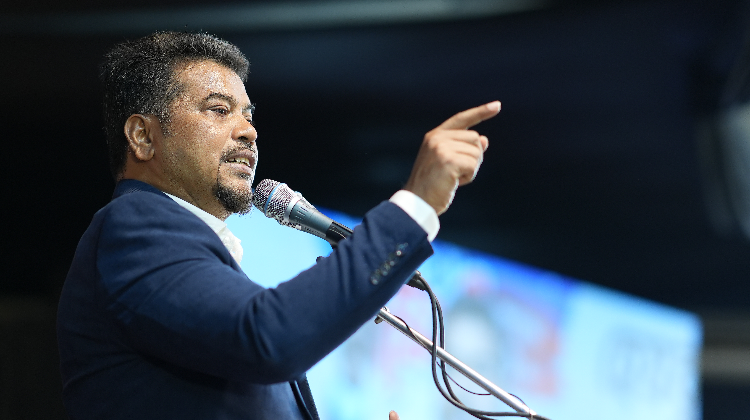
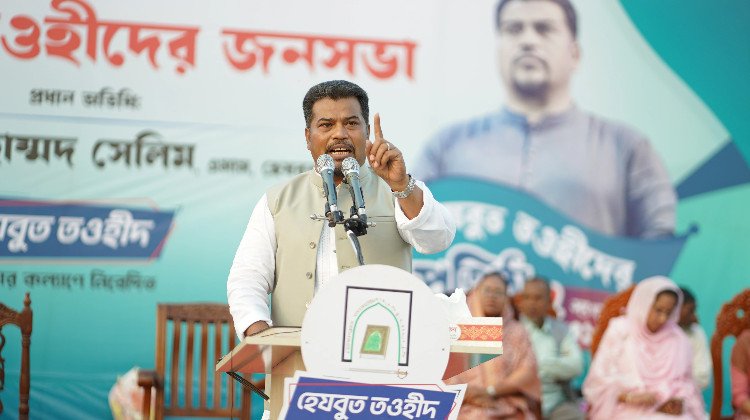
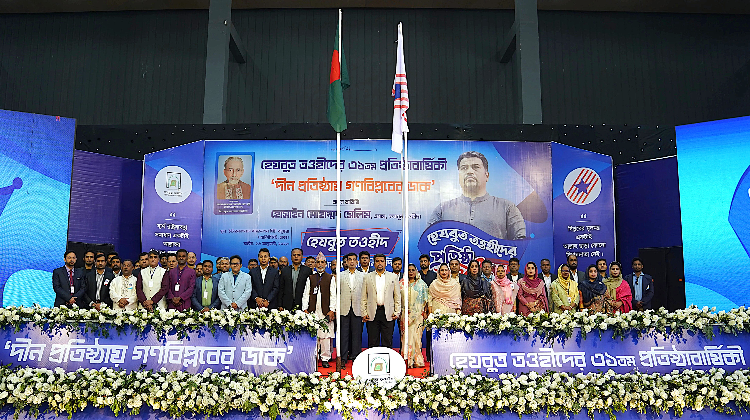
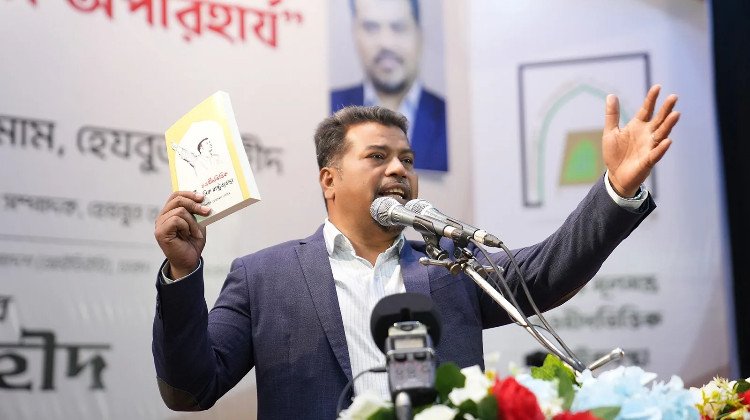
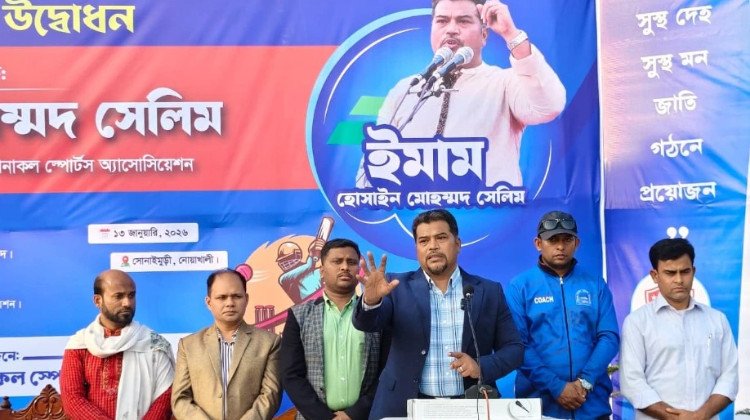
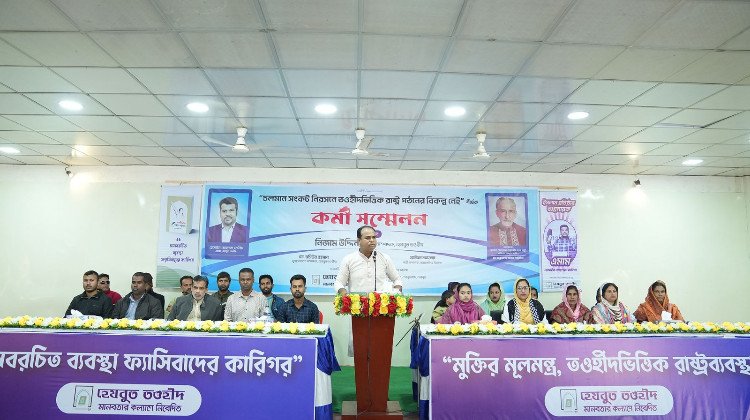
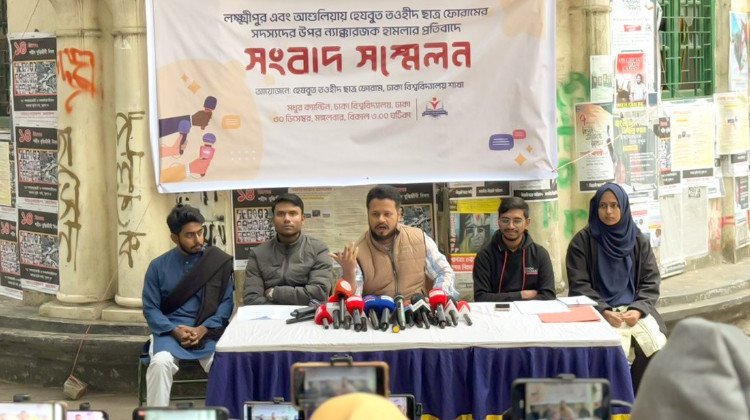
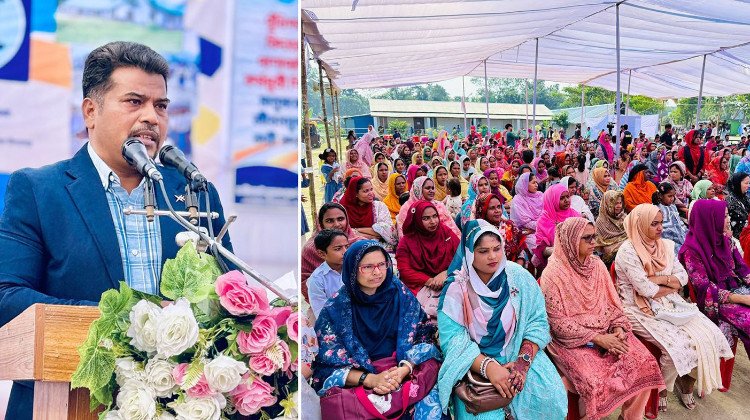
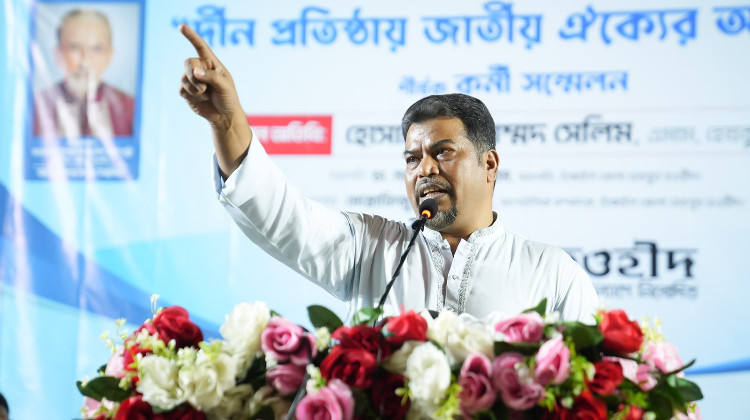
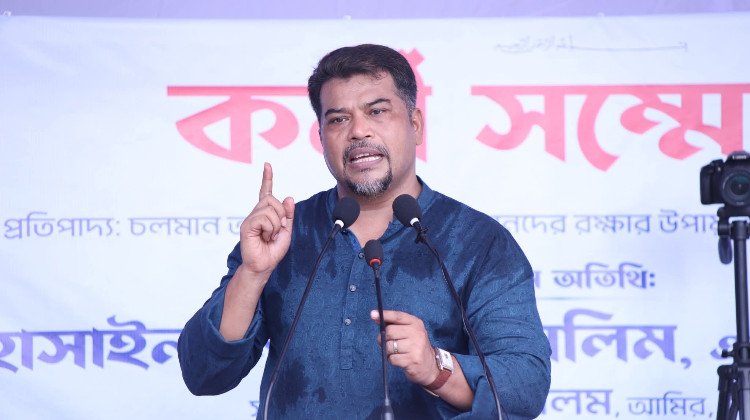

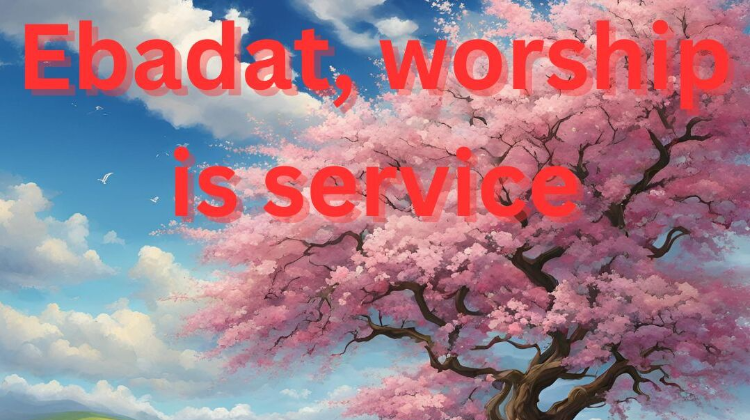
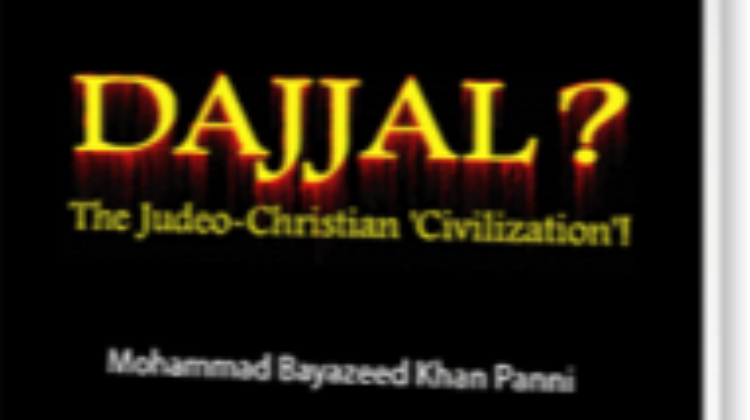
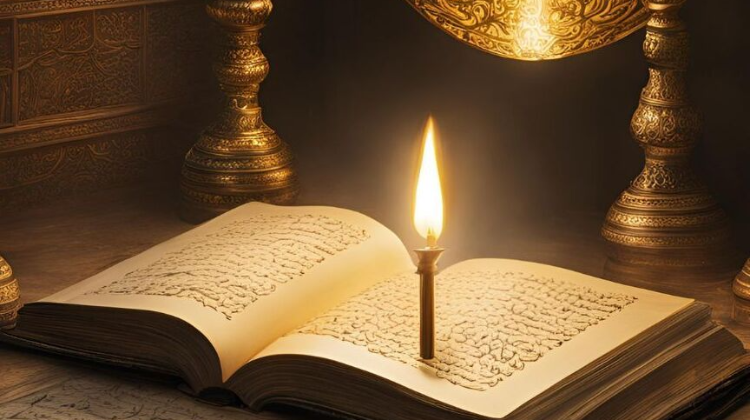
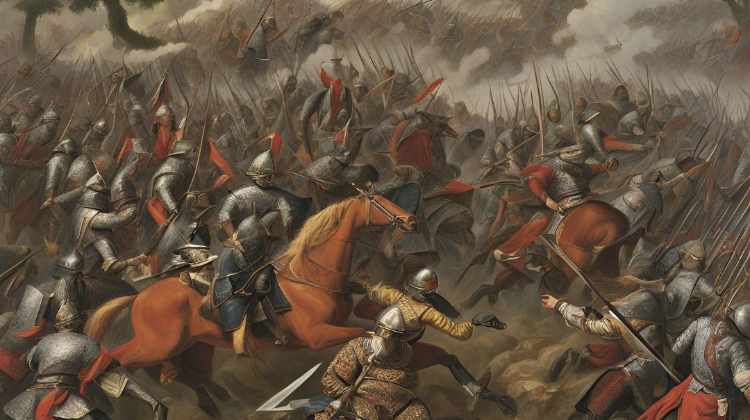
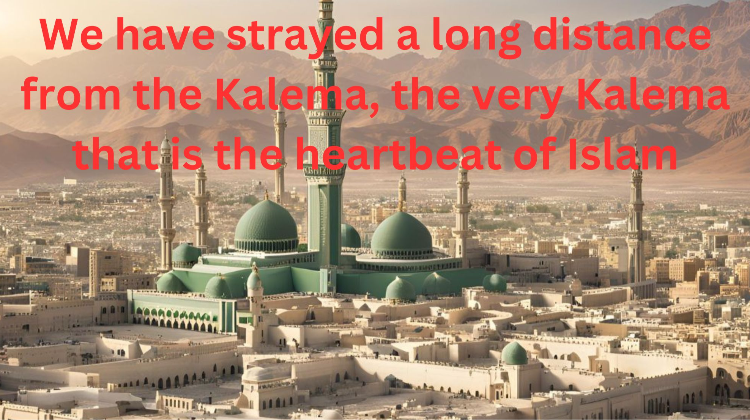
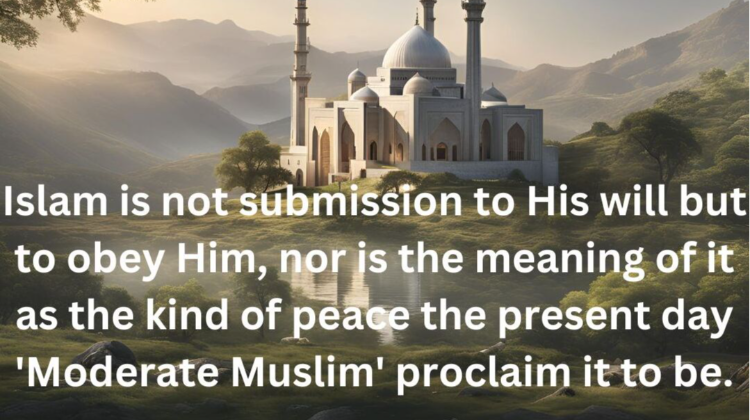
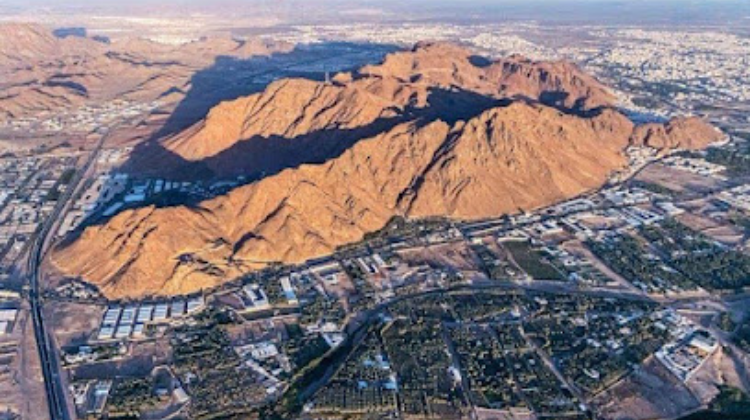
Leave a Comment